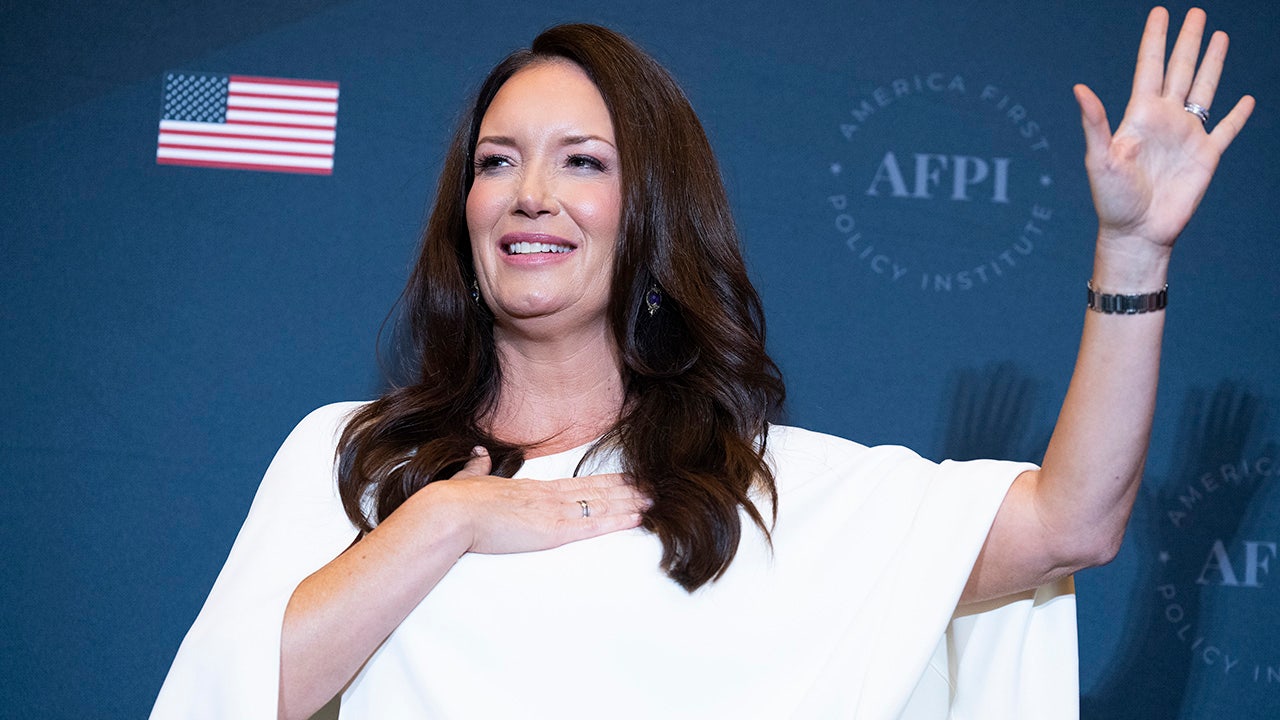Water pollution is a significant human health and environmental challenge in many countries.
With about 2.2 billion people without “safely managed drinking water” in 2022, 3.5 billion people without safe access to sanitation, and 2 billion people without basic hygiene services, the world is moving too slowly to achieve that SDG 6 Ensuring that basic water needs can be met.
According to the UN Department for Economic and Social Affairs (DESA), achieving universal coverage by 2030 will require much faster progress.
To achieve the goals, access to drinking water must be increased sixfold, sanitation fivefold and hygiene services tripled. Acceleration is urgently needed in 107 countries.
“New Economy” of water
The topic was the focus of the first UN event earlier this year water conference. At Tuesday’s event, UN General Assembly President Csaba Kőrösi, who chaired the March water conference, called for the strengthening of water as a fundamental human right.
He called for the development of a “new economy of water” based on innovation and building a global water education network to build the capacity and support for developing countries.
He also recalled that world leaders vowed at the water conference “to move toward an inspirational, collaborative, transboundary and transformative water action agenda,” adding that $300 billion had been committed to its implementation and there is potential to allocate at least $1 trillion for this purpose.
Water often becomes a source of tension between countries. Only 32 out of 153 countries with common rivers, lakes and aquifers have more than 90 percent of these water bodies covered by international operating agreements.
The President of the General Assembly underlined the need for inclusive and comprehensive cross-border agreements based on the UN Water Conventionto support countries in all regions.
UN Water Commissioner
“We need to reform the institutional architecture. We need a board of UN agencies, a UN water envoy to lead, backed by the reformed UN water agency, and a scientific practice body,” said Mr. Kőrösi.
Delegates speaking at the forum anticipate that the UN Secretary-General will soon appoint a special envoy on water, with a mandate to strengthen global water governance and increase the visibility of water as a critical part of the international agenda.
Other topics discussed at the forum as delegates took stock of progress on SDG 6 included developing integrated water and climate policies at national and global levels by 2030 and establishing a global water information system.
“We know what to do. We know how to do it. What is missing now is real action,” said the chief official of the General Assembly.





